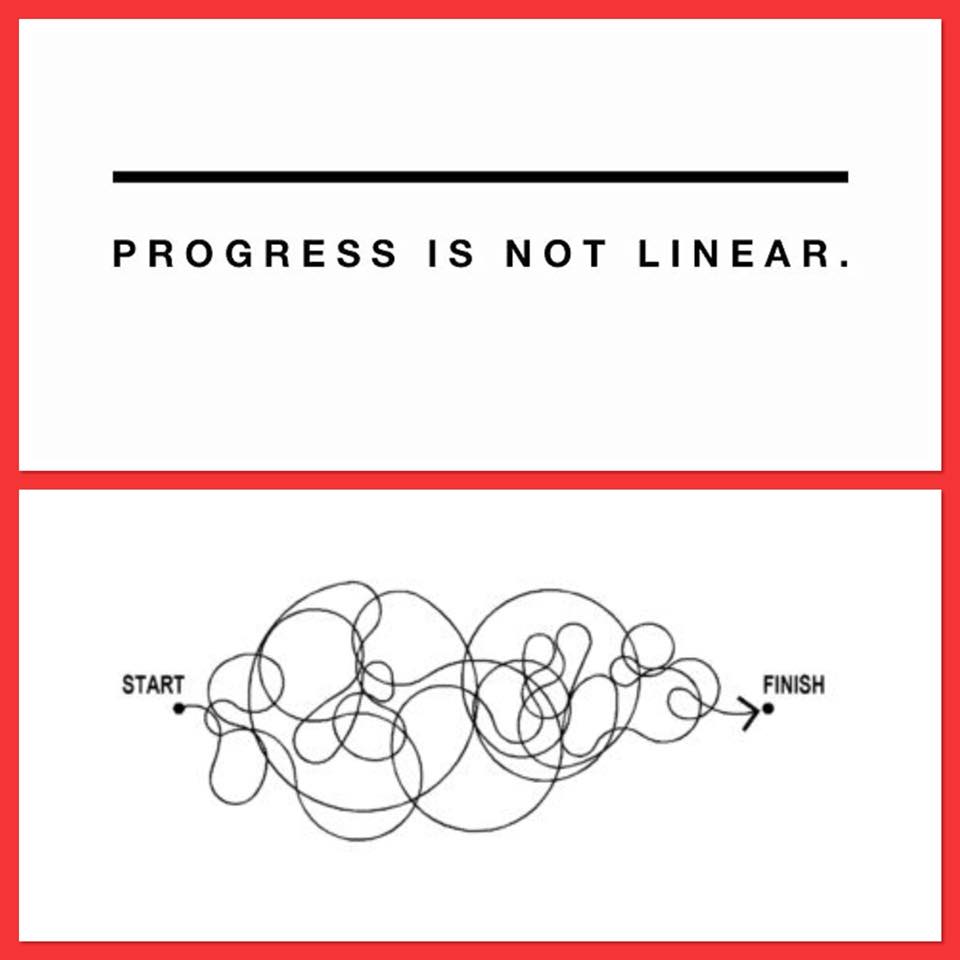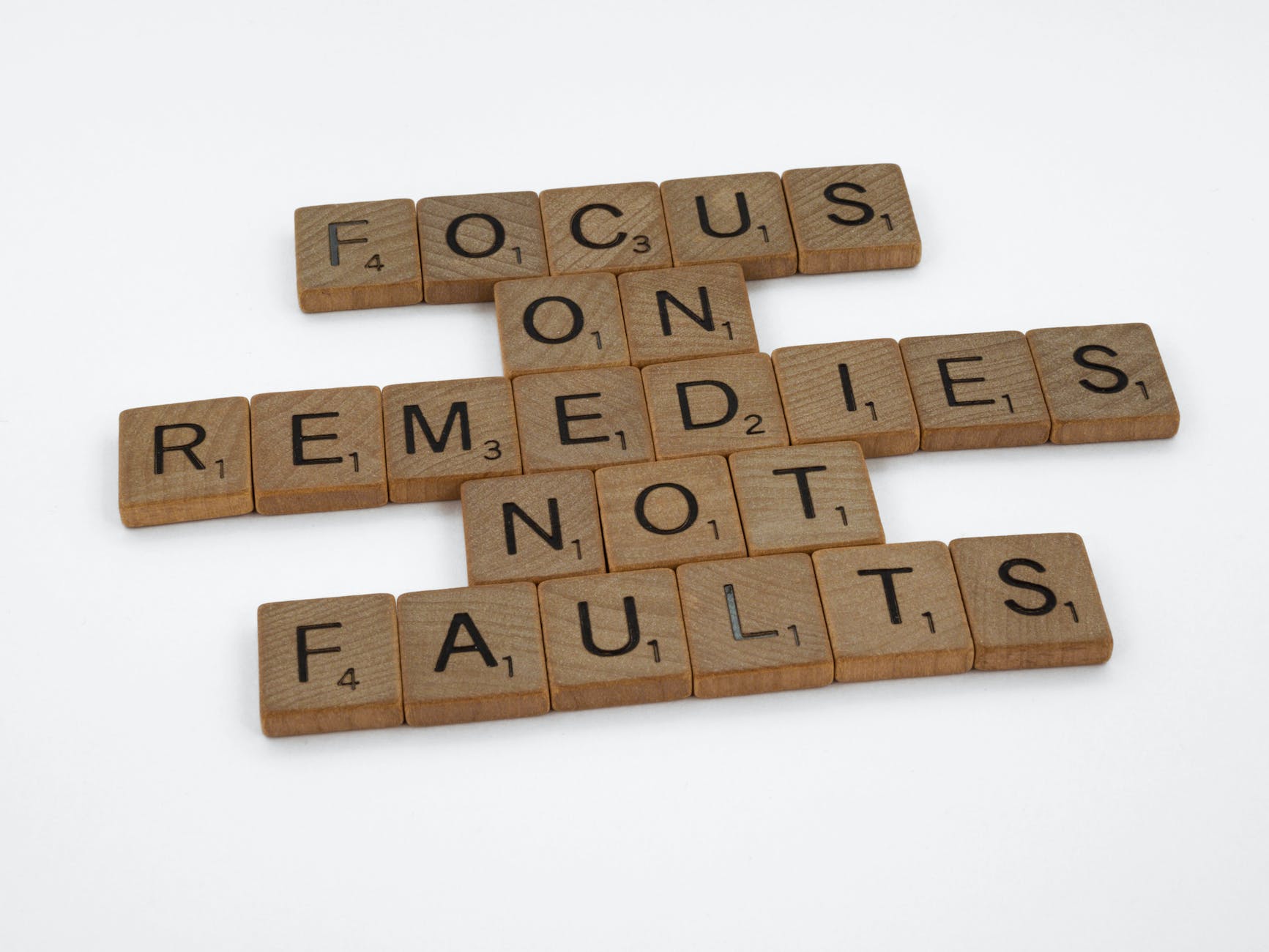
Recently, a professor acquaintance of mind asked me if I would be interested in speaking to a group of students in one of his classes. I immediately told him I’d have to start hiding from him.
What was that knee-jerk reaction all about?
Imposter syndrome.
I met this guy when I was working on a magazine feature, and during the course of a conversation with with him, he broached the subject of a talk by yours truly about my experience with writing – and I took that to mean baring my soul in front of journalism students.
When I met him in person after the publication of the piece, he mentioned the gracious speaking proposition again. I said I would hide from him – again.
Let me clarify: I didn’t go to journalism school. I farted around at Los Angeles City College as a music major in the early 1980s and didn’t even come away with an associate degree.
Forget the fact that I have been writing for publication for more than two decades.
The stark reality is that I hold no degree and that I have yet to be on the payroll of a newspaper.
I’m a stringer. That’s journalese for a freelancer.
My methodology is most likely not the methodology of a J-school graduate.
Like my piano playing, I am primarily self-taught – but along the way in both disciplines, I have lucked into relationships with folks who have helped me with pointers and de facto lessons.
I have written about both of these things before. For piano, it’s HERE. For writing, it’s HERE.
If I’m being honest (I always chuckle at that phrase), I have always been intimidated by trained pianists and journalists.
But the fact is that I have a body of writing that continues to grow, and I know I can play the piano and sing. I’ve been playing out for years.
My experience is nonlinear, but it’s experience nonetheless.
See what I’m doing? I’m flexing.
But I’m also scared shitless about talking in front of a group of people who might benefit from hearing my story.
I guess it’s because I don’t want to be skewered or pilloried – put into the stocks in the town square, if you will.
Self-doubt is powerful.
But I know I am able to deliver.
I might reach out and tell the guy I changed my mind.
But then again, I might continue to hide my light under a bushel.
Enjoy these posts? I’d love it if you would subscribe.









